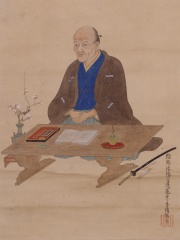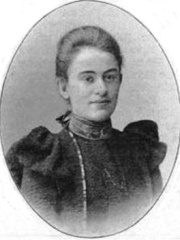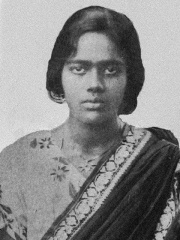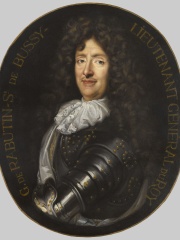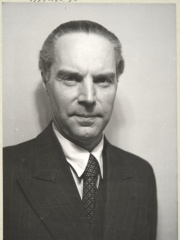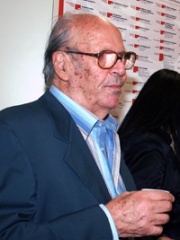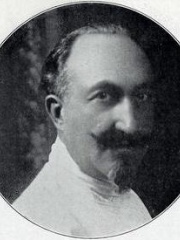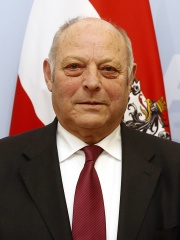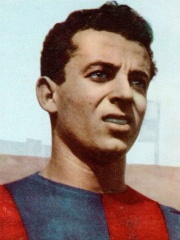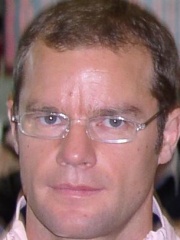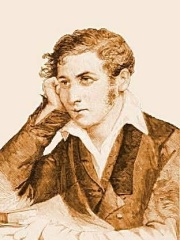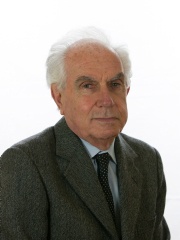Philosopher
Ecphantus the Pythagorean

 Ecphantus the Pythagorean
Ecphantus the Pythagorean
Ecphantus or Ecphantos (Ancient Greek: Ἔκφαντος) or Ephantus (Έφαντος) was an Ancient Greek pre-Socratic philosopher. He is identified as a Pythagorean of the 4th century BC from Syracuse, Magna Graecia, but the details concerning his life are historically obscure; he may have not been a historical person, but rather a fictional character invented by Heraclides of Pontus for use in his philosophical dialogues. He also may have been the same figure as the attested Ecphantus of Croton. Ecphantus was also of Syracuse. Read more on Wikipedia
His biography is available in 17 different languages on Wikipedia. Ecphantus the Pythagorean is the 1,134th most popular philosopher (down from 1,036th in 2024), the 3,596th most popular biography from Italy (down from 3,202nd in 2019) and the 75th most popular Italian Philosopher.
Memorability Metrics
Page views of Ecphantus the Pythagorean by language
Among Philosophers
Among philosophers, Ecphantus the Pythagorean ranks 1,134 out of 1,267. Before him are Kaibara Ekken, Anna Tumarkin, Adolf Grünbaum, Pritilata Waddedar, Derek Prince, and Allan Bloom. After him are Pierre Lévy, Joseph B. Soloveitchik, Roger de Rabutin, Comte de Bussy, Aesara, Eino Kaila, and Thomas van Erpe.
Most Popular Philosophers in Wikipedia
Go to all RankingsKaibara Ekken
1630 - 1714
HPI: 56.28
Rank: 1,128
Anna Tumarkin
1875 - 1951
HPI: 56.26
Rank: 1,129
Adolf Grünbaum
1923 - 2018
HPI: 56.25
Rank: 1,130
Pritilata Waddedar
1911 - 1932
HPI: 56.25
Rank: 1,131
Derek Prince
1915 - 2003
HPI: 56.21
Rank: 1,132
Allan Bloom
1930 - 1992
HPI: 56.19
Rank: 1,133
Ecphantus the Pythagorean
HPI: 56.17
Rank: 1,134
Pierre Lévy
1956 - Present
HPI: 56.14
Rank: 1,135
Joseph B. Soloveitchik
1903 - 1993
HPI: 56.11
Rank: 1,136
Roger de Rabutin, Comte de Bussy
1618 - 1693
HPI: 56.10
Rank: 1,137
Aesara
400 BC - 300 BC
HPI: 56.07
Rank: 1,138
Eino Kaila
1890 - 1958
HPI: 56.04
Rank: 1,139
Thomas van Erpe
1584 - 1624
HPI: 56.04
Rank: 1,140
In Italy
Among people born in Italy, Ecphantus the Pythagorean ranks 3,597 out of 5,161. Before him are Stefano Benni (1947), Vittorio De Seta (1923), Peider Lansel (1863), Marcello Bertinetti (1885), Maurizio Costanzo (1938), and Giorgio Anglesio (1922). After him are Vincenzo Iaquinta (1979), Daniela Dessì (1957), Luis Durnwalder (1941), Omero Tognon (1924), Gino Pivatelli (1933), and Gianluca Pessotto (1970).
Others born in Italy
Go to all RankingsStefano Benni
WRITER
1947 - 2025
HPI: 56.21
Rank: 3,591
Vittorio De Seta
FILM DIRECTOR
1923 - 2011
HPI: 56.21
Rank: 3,592
Peider Lansel
WRITER
1863 - 1943
HPI: 56.21
Rank: 3,593
Marcello Bertinetti
ATHLETE
1885 - 1967
HPI: 56.20
Rank: 3,594
Maurizio Costanzo
JOURNALIST
1938 - 2023
HPI: 56.19
Rank: 3,595
Giorgio Anglesio
ATHLETE
1922 - 2007
HPI: 56.18
Rank: 3,596
Ecphantus the Pythagorean
PHILOSOPHER
HPI: 56.17
Rank: 3,597
Vincenzo Iaquinta
SOCCER PLAYER
1979 - Present
HPI: 56.17
Rank: 3,598
Daniela Dessì
SINGER
1957 - 2016
HPI: 56.17
Rank: 3,599
Luis Durnwalder
POLITICIAN
1941 - Present
HPI: 56.17
Rank: 3,600
Omero Tognon
SOCCER PLAYER
1924 - 1990
HPI: 56.17
Rank: 3,601
Gino Pivatelli
SOCCER PLAYER
1933 - 2025
HPI: 56.15
Rank: 3,602
Gianluca Pessotto
SOCCER PLAYER
1970 - Present
HPI: 56.14
Rank: 3,603
Among Philosophers In Italy
Among philosophers born in Italy, Ecphantus the Pythagorean ranks 75. Before him are Mario Perniola (1941), Carlo Cattaneo (1801), Luciano Floridi (1964), Eugenio Garin (1909), Rosi Braidotti (1954), and Mario Tronti (1931). After him are Hicetas (null), Vittorio Hösle (1960), and Alberto Jori (1965).
Mario Perniola
1941 - 2018
HPI: 57.32
Rank: 69
Carlo Cattaneo
1801 - 1869
HPI: 57.15
Rank: 70
Luciano Floridi
1964 - Present
HPI: 57.10
Rank: 71
Eugenio Garin
1909 - 2004
HPI: 56.92
Rank: 72
Rosi Braidotti
1954 - Present
HPI: 56.74
Rank: 73
Mario Tronti
1931 - 2023
HPI: 56.34
Rank: 74
Ecphantus the Pythagorean
HPI: 56.17
Rank: 75
Hicetas
HPI: 54.25
Rank: 76
Vittorio Hösle
1960 - Present
HPI: 49.06
Rank: 77
Alberto Jori
1965 - Present
HPI: 45.91
Rank: 78
